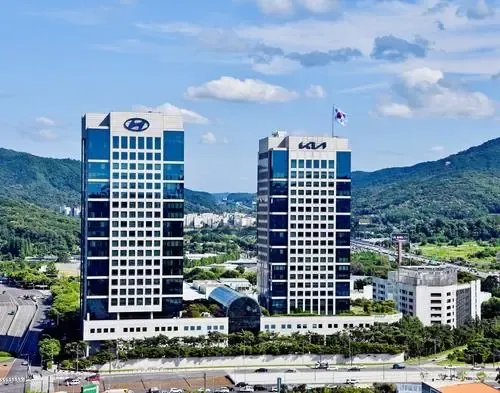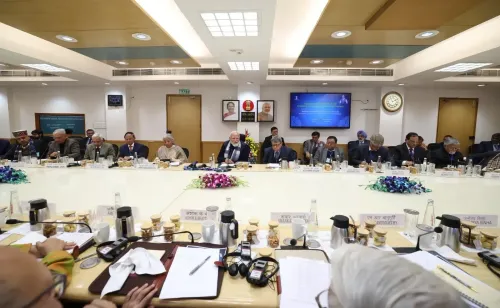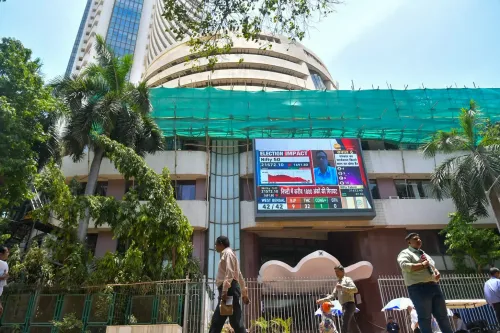Did Unionised Workers of Kia Just Vote for a Strike?

Synopsis
Key Takeaways
- 79.5% of Kia's labor union members voted for a strike.
- Kia workers are advocating for higher wages and better benefits.
- The union is exploring a four-day workweek.
- South Korea's auto exports increased 8.6% despite tariffs.
- The value of auto exports reached $5.5 billion in August.
Seoul, Sep 20 (NationPress) Unionised workers at Kia Corp., a leading automotive manufacturer in South Korea, have cast their votes in favor of a strike to demand higher wages and additional benefits.
During a full-day voting session, 79.5 percent of the members of Kia's labor union endorsed the strike initiative, with approximately 87 percent of the total 25,798 members participating, as reported by the union and Yonhap news agency.
Kia employees are advocating for an increase in their base salary and performance bonuses, an extension of the retirement age to 64, and the implementation of a four-day workweek.
The union's vote has granted them the legal authority to proceed with a strike if negotiations fail at the National Labor Relations Commission.
A committee will be established on Monday to deliberate on the possibility of a strike if discussions do not yield results.
"The high approval rate underscores the frustration and solidarity among our members. The union is prepared to act collectively if negotiations collapse," stated the union in a release.
“We are poised to finalize negotiations at any moment if management presents a proposal that meets our members' approval,” they added.
Previously, Kia's labor and management managed to finalize wage agreements without resorting to a strike from 2020 until last year.
In other news, South Korea's automobile exports rose by 8.6 percent year-on-year in August, despite U.S. tariffs, driven by strong demand for electric vehicles (EVs) in Europe, the latest data reveals.
The total value of vehicle exports reached US$5.5 billion last month, marking the highest record for any August, according to the Ministry of Trade, Industry and Energy.
In terms of quantity, exports increased by 5.5 percent year-on-year, totaling 200,317 vehicles in August.
The cumulative value of auto exports from January to August has reached a record high of $47.7 billion.










